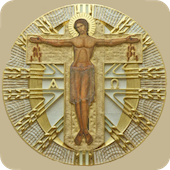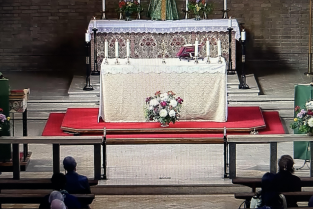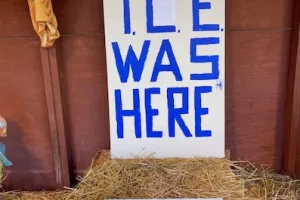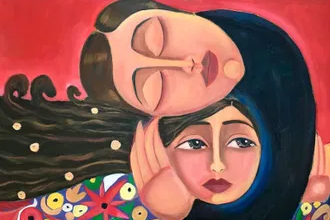Parish priest writes to Will Forster MP on Assisted Dying Bill

Canon Rob Esdaile, Parish Priest of St Dunstan's, Woking and St Hugh of Lincoln, Knaphill, Surrey, has sent the following letter to Will Forster, MP for Woking.
Dear Mr. Forster,
It was a pleasure to speak with you briefly at the Knaphill Armistice Day commemoration on Monday. Thank you for all you are doing in service of your constituents.
I am writing with reference to the Terminally Ill Adults (End of Life) Bill which is shortly to come before the House of Commons for its second reading. I realise that the conviction which is central to my Roman Catholic tradition - that life is sacred from conception until our last natural breath and that no one has the right to end a life by artificial means - can no longer presume that it will be accepted in our society without question, although I think that it is a conviction which a majority of people would hold to were the question unpacked in non-religious language and shorn of any judgmental and condemnatory attitude towards those who take a different course at either life's beginnings or its end. (I can't imagine, for instance, that there are many who would wish to see those who do in fact help a sick relative to die outside current legal provision to be sent to prison, providing there be no evidence of malicious intent or coercion.)
My own reflections would begin from my experience of accompanying my mother through the last years of her life. She came to live with me when she could no longer manage living alone in 2013, stayed with me for 16 months until she received a diagnosis of Parkinson's Disease and lived in a nursing home until she died in her hundredth year in August, 2019. Throughout her last decade she would tell me, "I don't want to be a burden, dear." But I knew that what she really meant was that she needed reassurance that I didn't mind that she was a 'burden', at least in the sense that she became increasingly dependent with each passing year. Fortunately, I was always able to reassure her that I was glad to support her - and I wouldn't have dreamed of doing anything other than what I did, caring for her at home and then, once she needed medicalised care, visiting her in her nursing home on five or six days a week.
My concern is that many elderly and vulnerable people will not get the reassurance they crave that they are safe and will always be cared for. They may not have family members living close by. They may see the struggles of their grandchildren to get housing and the difference the release of their estate could make. They may have some comprehension of how much their treatment costs the NHS. They may simply be tired of living in want, anxious about putting the heating on, isolated by immobility.
Once assisted suicide becomes an option, it is very hard to imagine that there will not be a substantial society-wide change of attitude towards assisted dying. To give a banal comparison, once Sunday opening of supermarkets became a reality, it became inconceivable that that change could be reversed. I am sure that the same would apply with the legalisation of euthanasia. It is notable that there is a considerable body of opinion among doctors and other healthcare professionals that the move would have a destructive effect on medical professional/patient relationships and I am sure that there would also be effects on the mental wellbeing of many medics once the 'do no harm' clause in the Hippocratic Oath was undermined, even with assurances about conscience clauses, etc.. It is an easy slide from 'exceptional' to 'normal' or even 'desirable' and we have seen in countries such as the Netherlands and Belgium how far that drift can go, with depression and disability as possible grounds for assisted suicide.
At some stage we need, as a culture, to give up on the insistence that autonomy and the power of self-disposal are the highest good for a human person. This individualist anthropology does not correspond to the reality of human life which, if we live well, always involves mutual dependence. Our greatest hope in this life is that we shall be respected, valued and cared for to the end of our days - and that hope will almost inevitably involve stages when we are quite heavily dependent on others. Such is the society we should seek to build - a society of mutual care. And the most important step that government can take in this direction is the adequate funding of hospices and end-of-life care.
Thank you for taking the trouble to read this. I know that the issues are not easy and the pressures on you will be great. Be assured of my prayers and those of the Catholic community in Woking and Knaphill as you prepare for the second reading of the Bill on November 29 and subsequent debates during the committee stage.
With every good wish.
Canon Rob Esdaile
Parish Priest of St Dunstan's, Woking and St Hugh of Lincoln, Knaphill


















